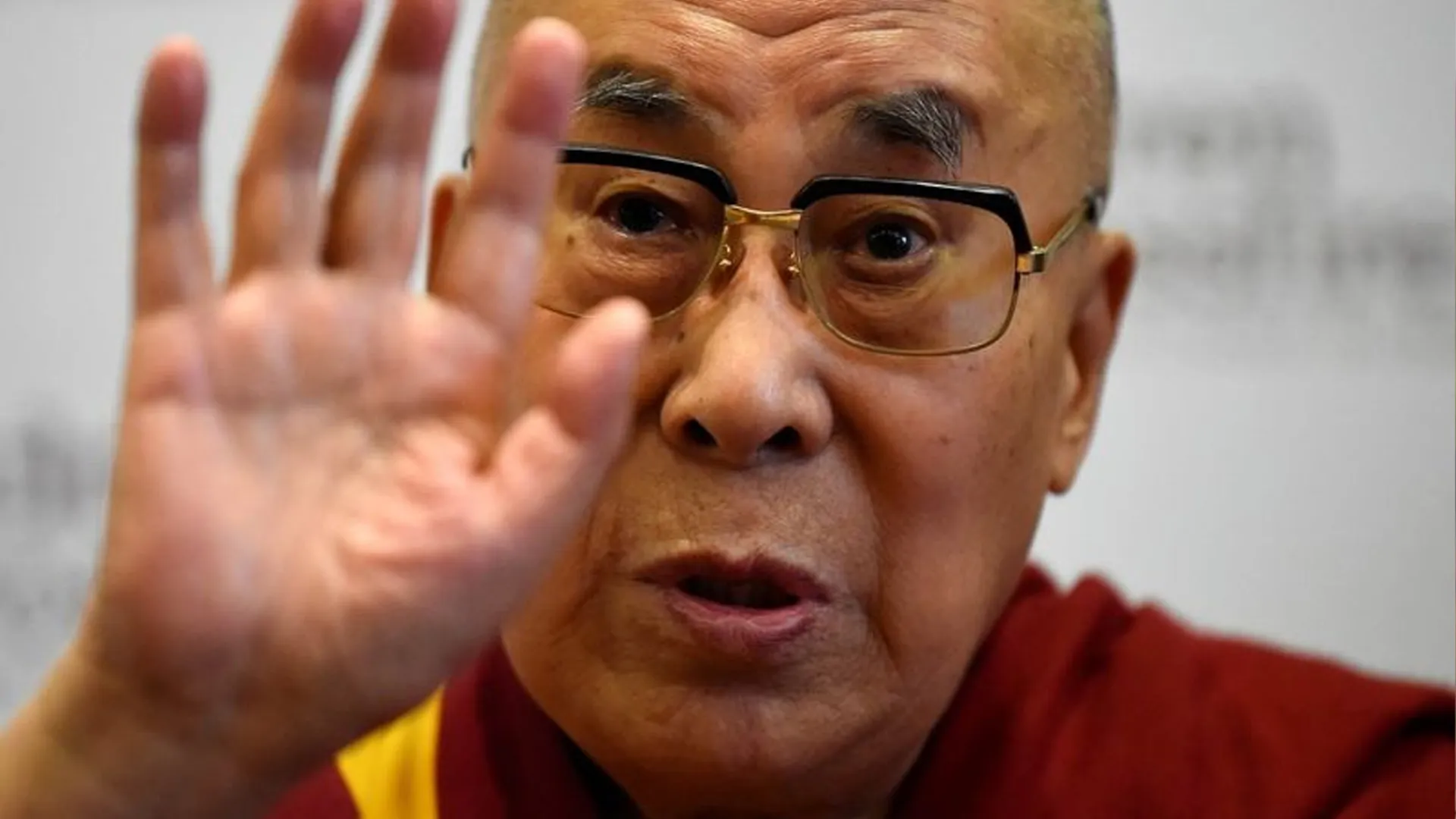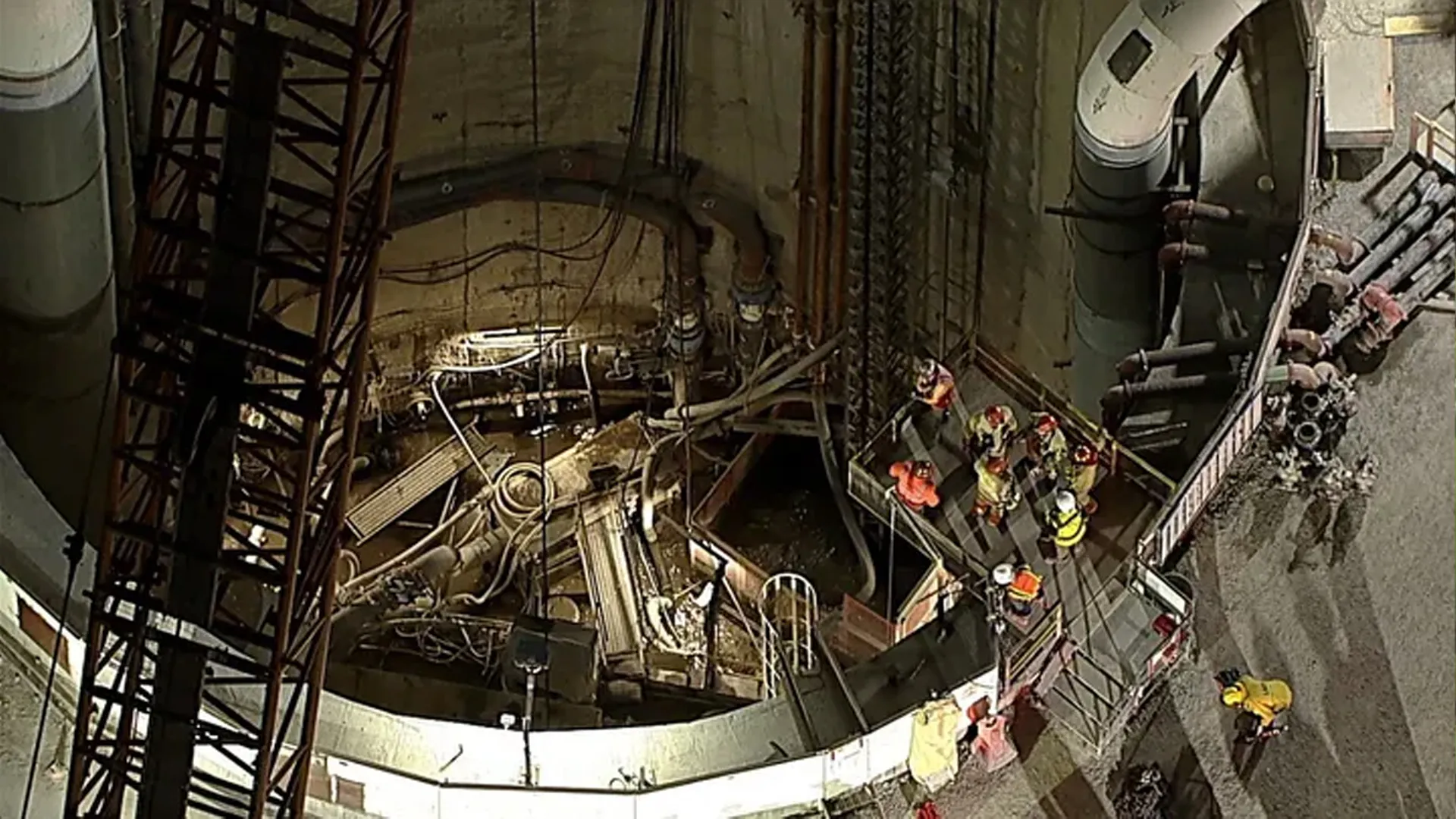China on Wednesday categorically said that it has to approve the reincarnation of the Dalai Lama, addressing the Tibetan spiritual leader’s recent declaration that he will have a selected successor upon death.
Tenzin Gyatso, the 14th Dalai Lama, escaped Lhasa in 1959, aged 23, out of fear for his life as Chinese troops took over Tibet. He has since become the world ambassador for the Tibetan people’s non-violent struggle to maintain their cultural and spiritual heritage after winning the Nobel Peace Prize.
On Wednesday, the Dalai Lama confirmed that the 600-year-old tradition of succession by reincarnation would carry on, providing an assurance to Tibetans concerned about the destiny of their leadership.
China Insists on Last Word in Successor’s Choice
Chinese foreign ministry spokeswoman Mao Ning responded by saying at a routine press briefing, The reincarnation of the Dalai Lama, the Panchen Lama, and other prominent Buddhist leaders must be selected by lot drawing from a golden urn, and endorsed by the central government,” citing a system of selection first proposed in the 18th century by a Qing dynasty emperor.
The Chinese have always referred to the present Dalai Lama as a separatist and maintain that only Beijing can have the legitimate say in who will replace him.
Beijing Justifies Religious Control Measures
Mao stressed that China maintains religious freedom but exercises strict control over religious affairs, including the reincarnation of Tibetan Buddhist leaders.
“The Chinese government has a policy of freedom of religious belief, but there are regulations on religious affairs and ways to regulate the reincarnation of Tibetan living Buddhas,” she said.
She justified China’s overall religious approach, adding, “The survival and development of any religion are in following the social environment of the country and adopting the cultural tradition.”
Mao also asserted that Tibetan Buddhism is of Chinese origin and must bear “Chinese characteristics.” “Tibetan Buddhism was born here in China and has Chinese characteristics,” she said.
World and Tibetan Communities Watch Closely
The Dalai Lama’s reassertion has rekindled controversy over the custody of Tibetan religious leadership in the future. Although most Tibetans believe in customary processes and the Dalai Lama’s appointing system, China’s efforts to modernize religion into its political system have attracted attention from international human rights organizations.






















